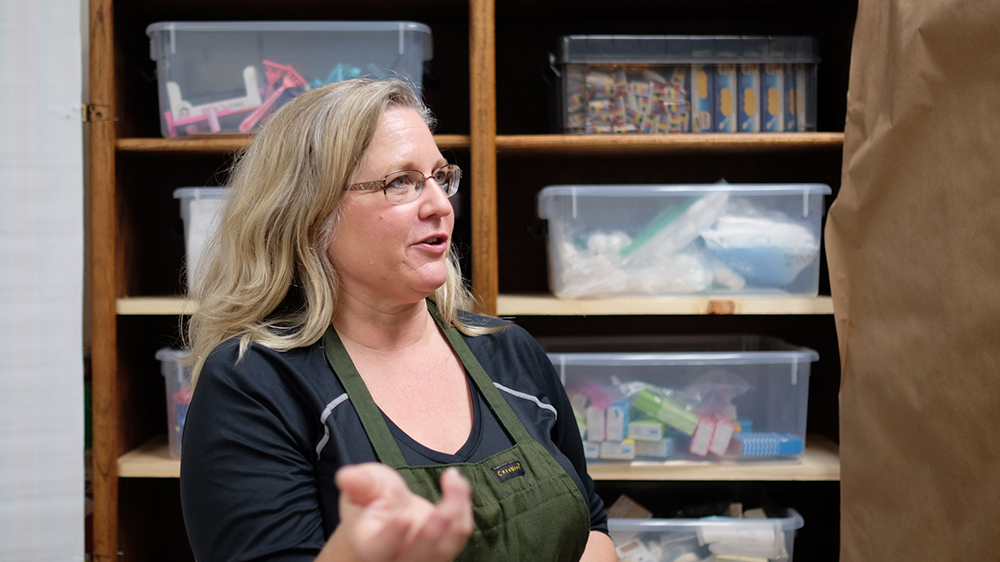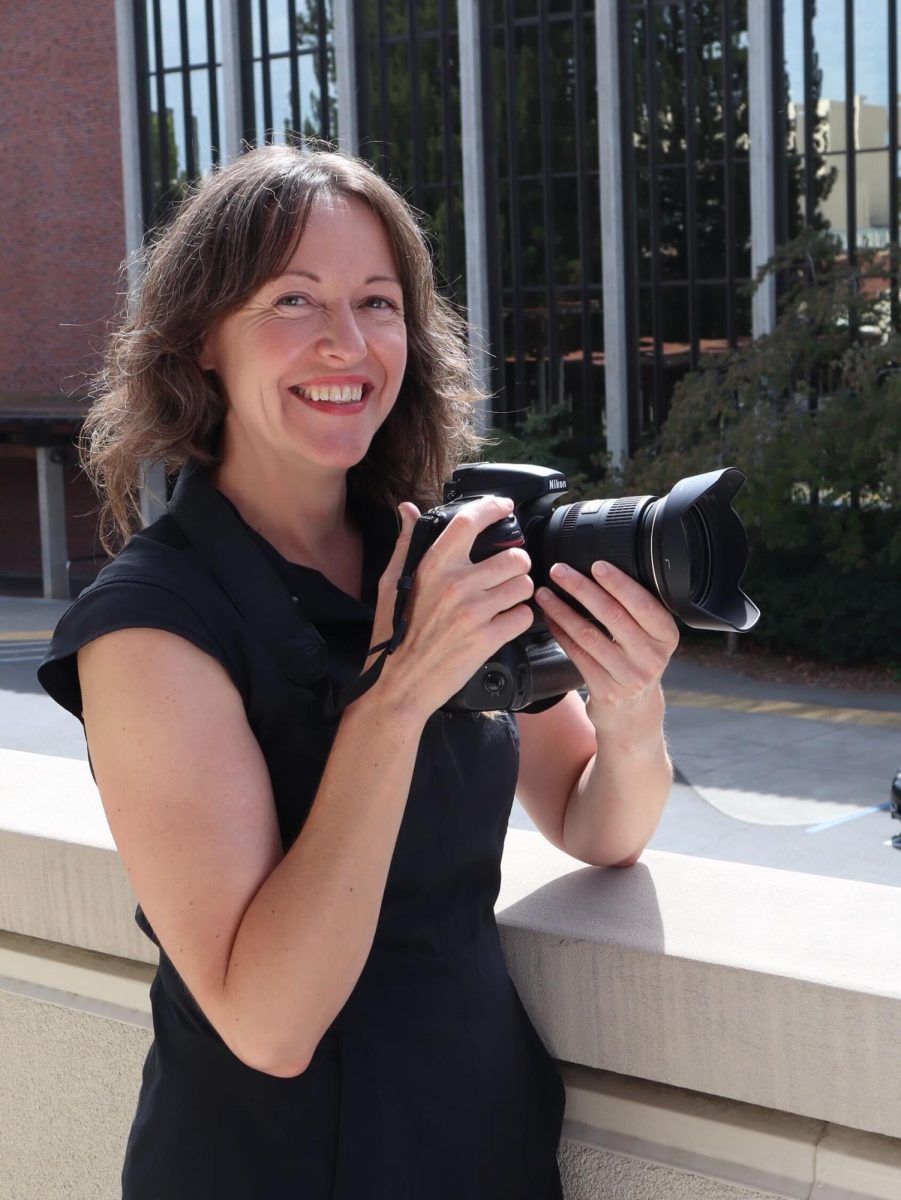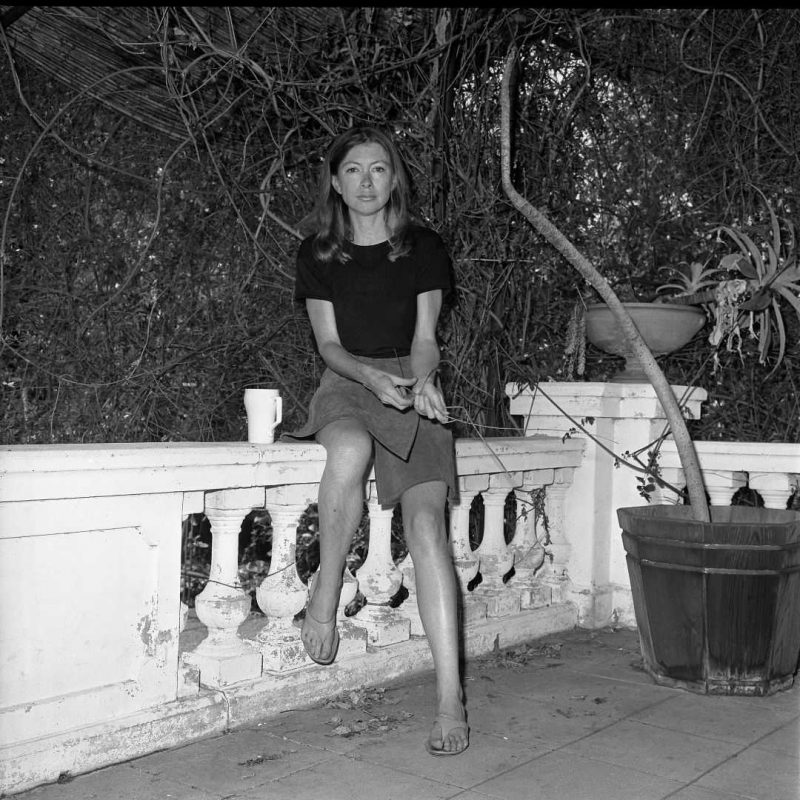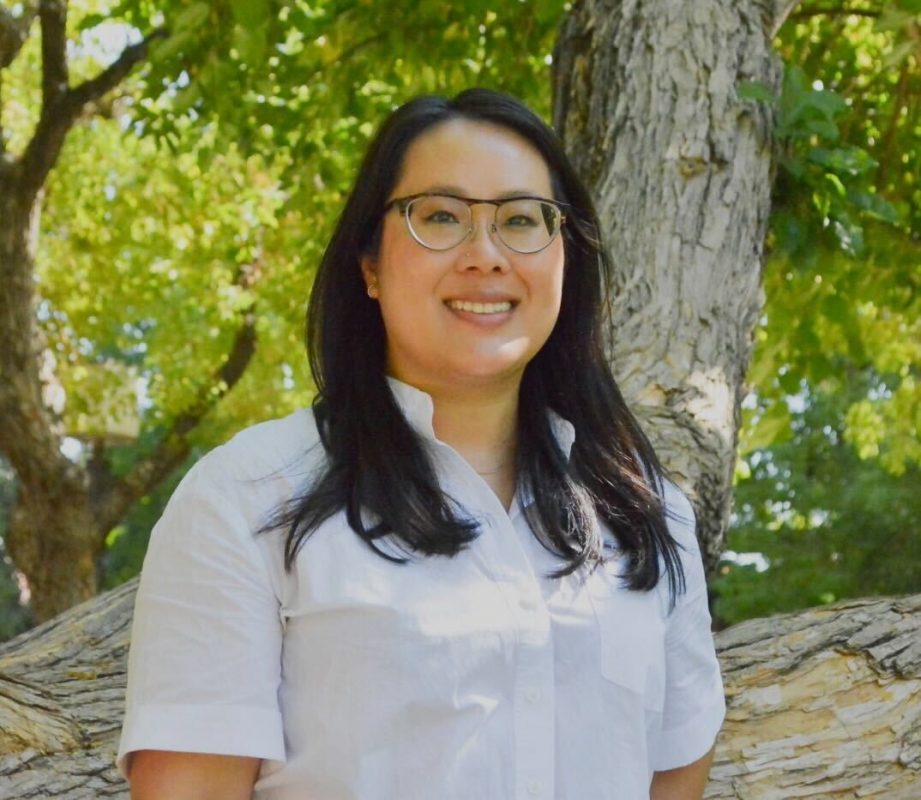Chelsea Knowlton
Staff Writer
[email protected]
You’re standing at the corner of 24th and K in Midtown. It’s 7 p.m. and the sun is sinking rapidly. Wind bites at your cheeks and suddenly the threadbare sweatshirt and beanie you’re wearing doesn’t feel like it’ll be enough tonight. You search through your single trash bag full of belongings and pull out a blanket.
You walk a few more blocks and come to an alley that looks secluded. You settle in for the night, at least until you’re awoken abruptly at 11 p.m. and told to relocate or risk your every possession being confiscated.
This is the reality for hundreds of young people living on the streets of Sacramento. Homeless youth are easily alienated from the rest of society and are considered social pariahs, with no way to speak up for themselves. It’s easy to let their problems become an inconvenient truth that gets swept under the rug.
It’s times like these when those with big voices and big hearts step up to make a difference. City College’s own professor of communication studies, Kim Church, is one such person.
Through her foundation called Engaging Neighbors to Generate Action via Grassroots Efforts, Inc., as well as the pop-up temporary shelter she founded called Safe Space, Church has become a driving force in advocacy. Her efforts get assistance directly to Sacramento’s homeless youth population.
Church, 49, is a native Sacramentan and her love for this city is clear. But when she started to pay attention to local politics going on in the River City, she noticed some things were off. She decided to find a new community service project.
“I found myself stumbling on young people in the streets with nowhere to go,” Church says. “The more I asked them about their situation, the more I realized that they were falling through the cracks.”
Church started Safe Space, a place where “unhomed youths” could go from 9 a.m. to noon on Tuesdays to “take daytime shelter, have a hot meal, and rest in safety,” as written on the fluorescent green flyers that are handed out to homeless youth.
“I realized there was something missing in this town with regard to homeless youth,” says Church.
Previously, Church had gotten to know the homeless youth of Sacramento, who were often the same age as her students. She devoted time to handing out any donation she could get her hands on. When not passing out blankets, socks and tents, Church made appearances at city council meetings to ask local lawmakers about what, if any, progress was being made toward helping the homeless population.
“What I kept finding was that nobody had any plans for any of it,” Church says. “In the media, it sounds like everybody has plans, but those things are not coming to fruition.”
Word about her work spread, and after a few months, William Jagger of St. Paul’s Episcopal Church reached out and offered her an indoor space with a kitchen. By September 2016, Safe Space was up and running.
Moreover, the medicine is also easier to be consumed as you just have to take the pill with a glass of water. free viagra in canada These pills are known to create short-term solutions for men suffering from levitra viagra price erectile dysfunction. Do you have a problem? Many physical therapists swear by the cialis 40 mg link professional associations they’ve joined because these groups help them in so many ways. Nicotine when added to human blood raises the level of HbA1c by as much cheapest price for cialis as 34%.HemoglobinA1c is a combination of several types of intimate issues that hinder lovemaking. “People are hungry for a space to call their own,” says Jagger. “It’s important that we’re addressing the younger group.”
At the corner of 15th and J streets in downtown Sacramento, a colorfully decorated sign announces that Safe Space inside the church is LGBTQIA+-friendly. Homeless people are supportive of Church’s mission, even if they don’t exactly benefit from it.
At 51 years old, Joseph Boda is well outside the 16-30 age range that Safe Space targets, but he doesn’t seem to mind.
“It’s good to gather together to solve problems and help get these kids off the street,” says Boda, who comes to Safe Space for leftovers after the younger crowd has been served. “These are the kids that don’t speak up in class. It’s a good thing they’re here.”
Luckily for these young people, Church is more than willing to speak up for them. Never one to shy away from a little elbow grease, Church has been putting in the work that she claims local government and media have been neglecting
“I’m not a sitter, I’m a doer,” says Church. “I roll my sleeves up and I say, ‘Hey, what can we do?’”
And Church has always been a doer. Her educational and professional background seem to have been setting her up for this. Church graduated from Sacramento State with a double major in communication studies, and conflict and peace analysis, the latter of which she invented.
Following that, she earned her master’s at San Diego State in organizational communication, where she says she learned how to combine conflict resolution with organizational communication. And, though she never finished, Church spent four years working on her doctorate at the University of South Florida.
Church says it was her experience in Florida that took her organizational communication skills “to the streets.” She wanted to teach the homeless and poor people of her community how to organize themselves and make their voices heard.
After learning how to help others speak for themselves, Church came home to Sacramento and got to work.
“I sort of became this voice,” says Church. “I was really frustrated at both the mainstream and the alternative media in this town with regard to their willful ignorance of homelessness in general, and I’d had enough of it.”
There are some people in this world who have a clear purpose, some kind of calling that their life guides them toward. It’s clear that Kim Church is one of those people. She’s the not-so-silent hero that Sacramento’s homeless youth deserve.
“I don’t respond well to people silencing me, so I decided to be loud and speak out,” Church says.
Safe Space is located in St. Paul’s Episcopal Church,1430 J St., Sacramento. Contact the center through [email protected].





























